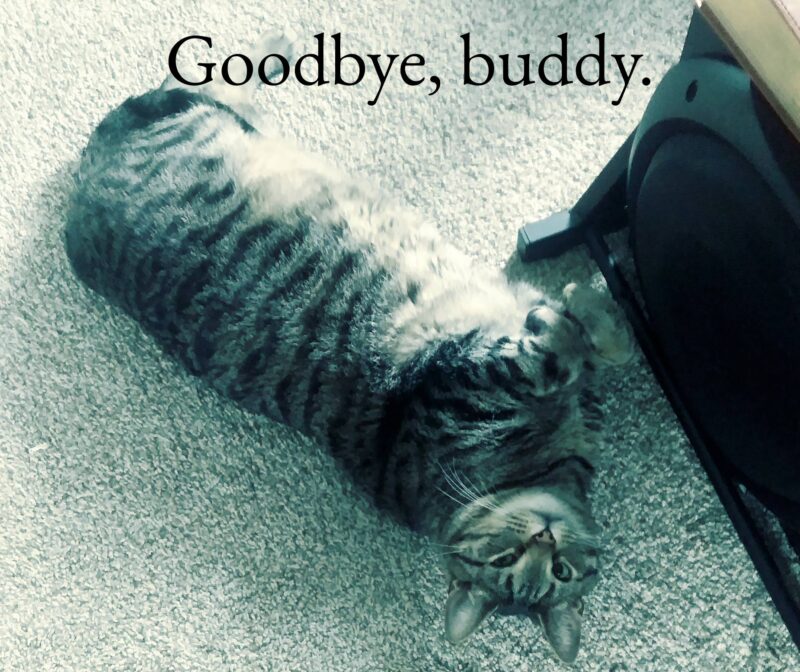
A few hours ago, as I write this, my cat Shikamaru died. He had developed FIPV, or Feline Infectious Peritonitis, an incurable and fatal viral infection. Shika was only 4 years old. Losing a pet is a difficult experience, especially when there is nothing you can do. He had contracted the virus at birth, and he was among the 10% unlucky cats where the virus mutates to become especially deadly. In other words, he was fated to die today. I will miss him. Shika had a sweet habit of patting my head or pawing my shoulder if I wasn’t feeling well or was feeling anxious or down about something. He would be waiting for me at the door each night after work. He would get oh-so excited to lay beside me when I sat on the couch. I still remember the day I came home from work and he sat next to an empty banana peel. He had stolen a banana from the kitchen and ate it. Since that day, whenever I brought bananas home he would get excited. I didn’t let him eat any though! That week he stole the banana, Shika lived in the litter box! I wish I paid more attention than I did to him, although I did pay a lot of attention to him in retrospect, I still could’ve done more. The lives of pets are so short.
We have the strange idea that mourning, sadness, and other uncomfortable feelings, such as what I feel as I write this, are something to avoid. We are to always be happy, cheerful, social, and lively. Feeling sad, well, who wants to feel that? If you look at the comments at my 5 Ways to Handle After-Anime Depression article, you see this in practice. Many commenters don’t want to feel depressed or sad or otherwise upset after a story touched them. But mourning, whether it is over the end of a touching anime, the death of a feline friend, or the death of a loved one, shows respect for what you mourn. I tear up as I write this, but to do anything less would be disrespectful for Shika’s life. All life is worth mourning when it passes. It is how we best show respect. So too with a story that means something to you. When it ends, mourning its ending respects its impact upon you.
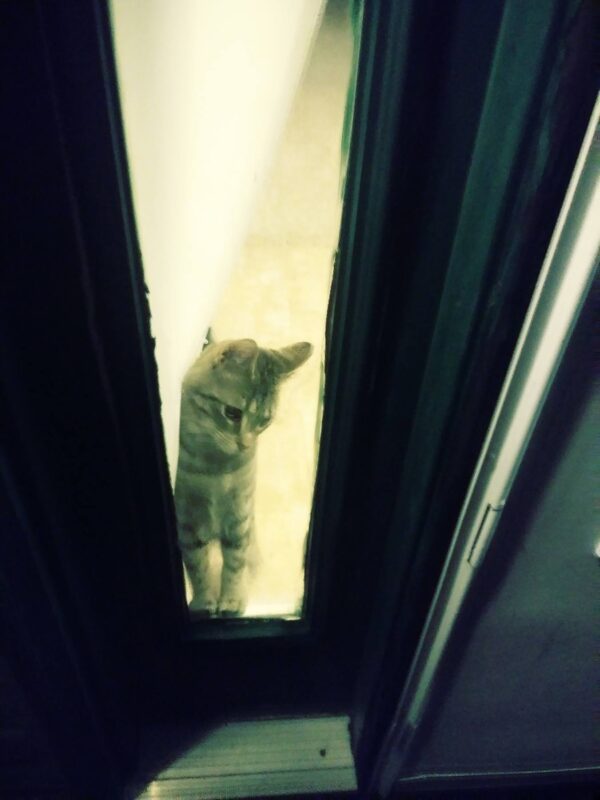
Mourning is a gift. It teaches us the value of what we had lost. It’s an unfortunate reality of human nature not to appreciate while that person, animal, or thing is with us. Only when it is gone do we have the insight as to how important it was for us, be it a cat, a story, a teacup, or a person. Mourning, however deep or shallow, is where life’s meaning appears. When we feel good, happy, joyful, we don’t always understand or feel the meaning of that moment. But if we understanding the gift of mourning, the gift of pain, the gift of sadness, we can appreciate the good and the happy and the joyful.
Japanese literature teems with this idea. If you read any folktale, you will rarely see a happy ending. Usually people die or separate by the end of the story. These stories are trying to show us the gift of mourning before we have to directly experience it. They teach appreciation for the moment while you have it, or the person while they live with you, or the cat while he sleeps on you for the last time. It’s cliche to say the next moment could be your last, but it is also true. As Shika lay there, I petted him for the last time, feeling the soft feel of his fur, noticing its sheen, for the last time. As he lay dying, I gazed into his eyes for the last time and, although it may be human projection, I saw his love for me.
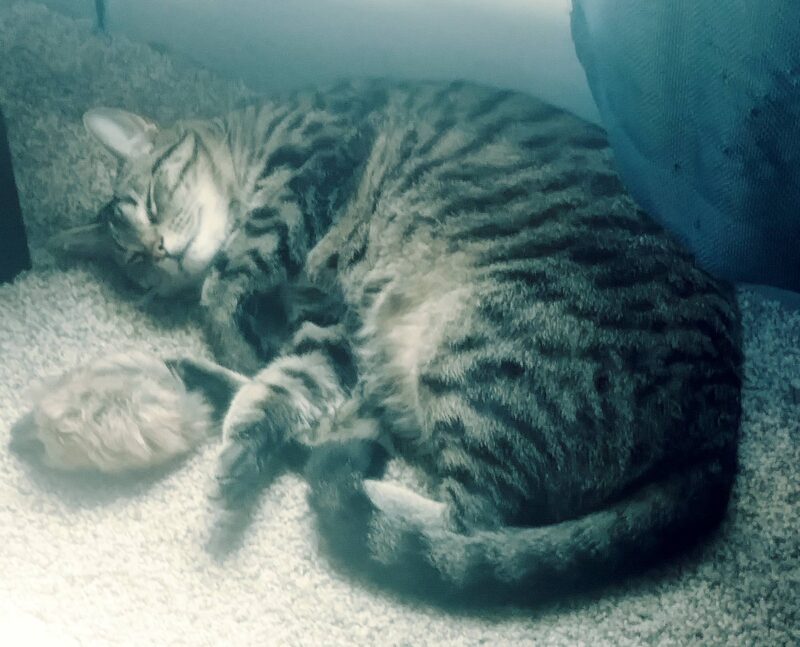
This is the fate of all that lives: separation and death. There’s no avoiding this truth. Each moment could be the final moment. The gift of mourning is the remind us of this reality, this Truth of all truths, so we can savor each moment, live within it and embrace all its joy, pain, tears, laughter. However, the rush of everyday life, where its trivialities dominate our lives, drowns out this lesson. So we must, again, relearn it through separation. The wisest of us learn it through stories before we regret wasting our limited, oh-so short, time. So when you feel depressed about an anime’s events or ending, or feel sad about a story, rejoice. You are learning the gift of mourning–the importance of mindfulness–before a sad event strikes you. Learn to sit with your sadness, as I do as I write this, and feel it. Feel the velvet of your memories, the sharp edge of regret, allow the tears to fall. Let the tears and the sadness act as a measure for the impact what you lost had upon you. Don’t feel silly about it. Crying over the death of a cat, or the end of a story, is the sign of an open heart. And an open heart, as painful and as uncomfortable as it may be, is a sign of strength.
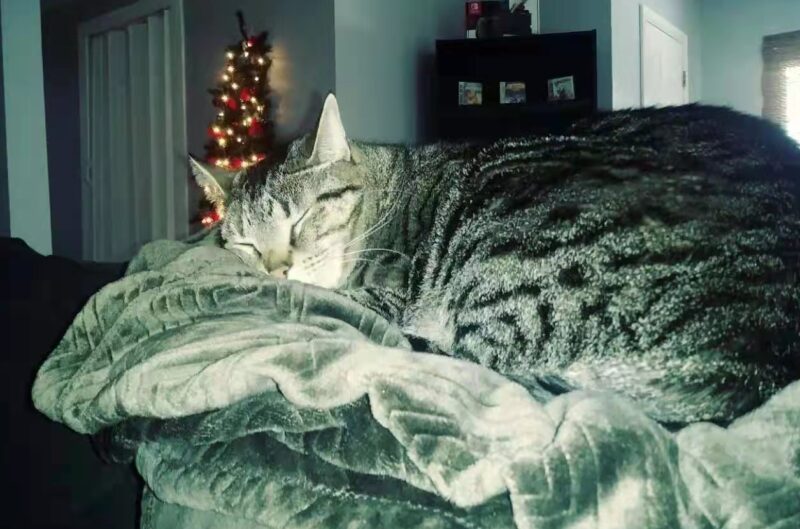
Everyone mourns differently. When Shika died, I held myself together. My voice quavered, and my eyes teared up, but I didn’t cry until I was alone. I prefer to mourn alone. You may want to mourn with friends or family. That is also fine. What matters is facing the watery fire of sadness and not avoiding it. You have to grab that hot coal of mourning and allow it to sear you, to teach you to appreciate, and then you have to let the coal go out on its own. The mistake many make is they keep relighting that coal. Mourning, as with happiness, is meant to be temporary. It will return again, like a good friend, and leave you, but you must allow it to go when it is ready. Sit and have a good conversation with Mourning over tea. Remember, together, what you lost. Then learn to appreciate each moment for what it is–a glorious, shining firework, here and then gone.
Shika: I’ll miss you, big boy. I hope you enjoyed your life with me.
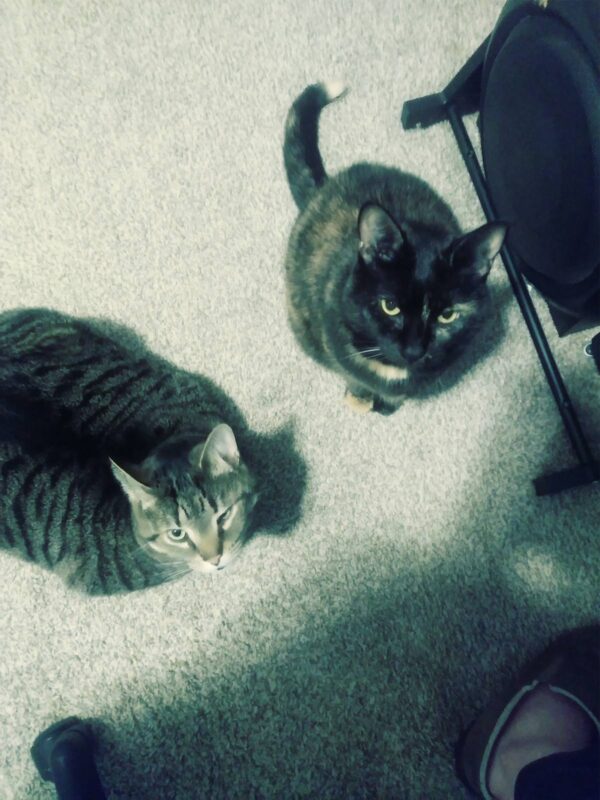
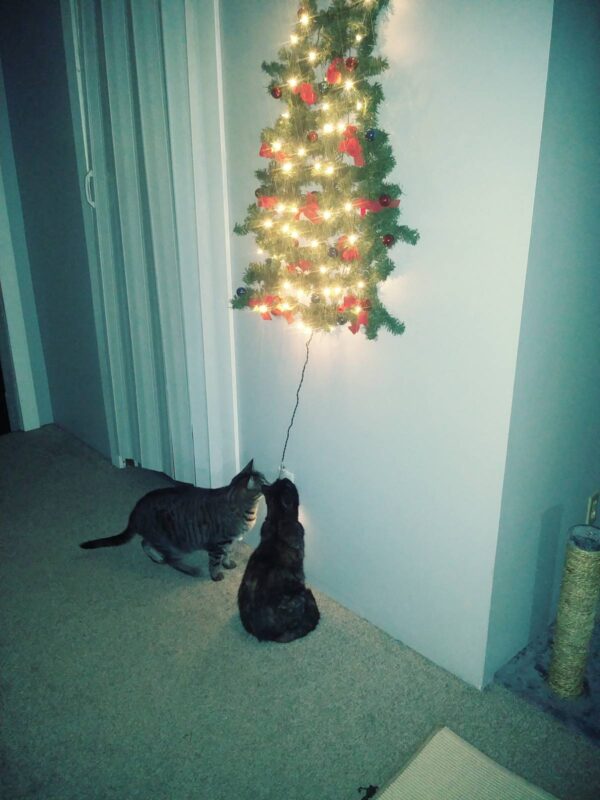
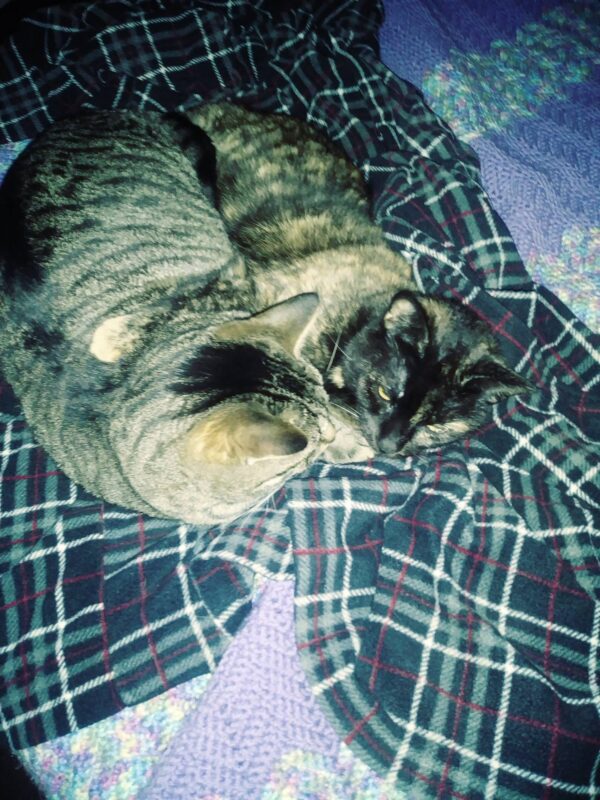
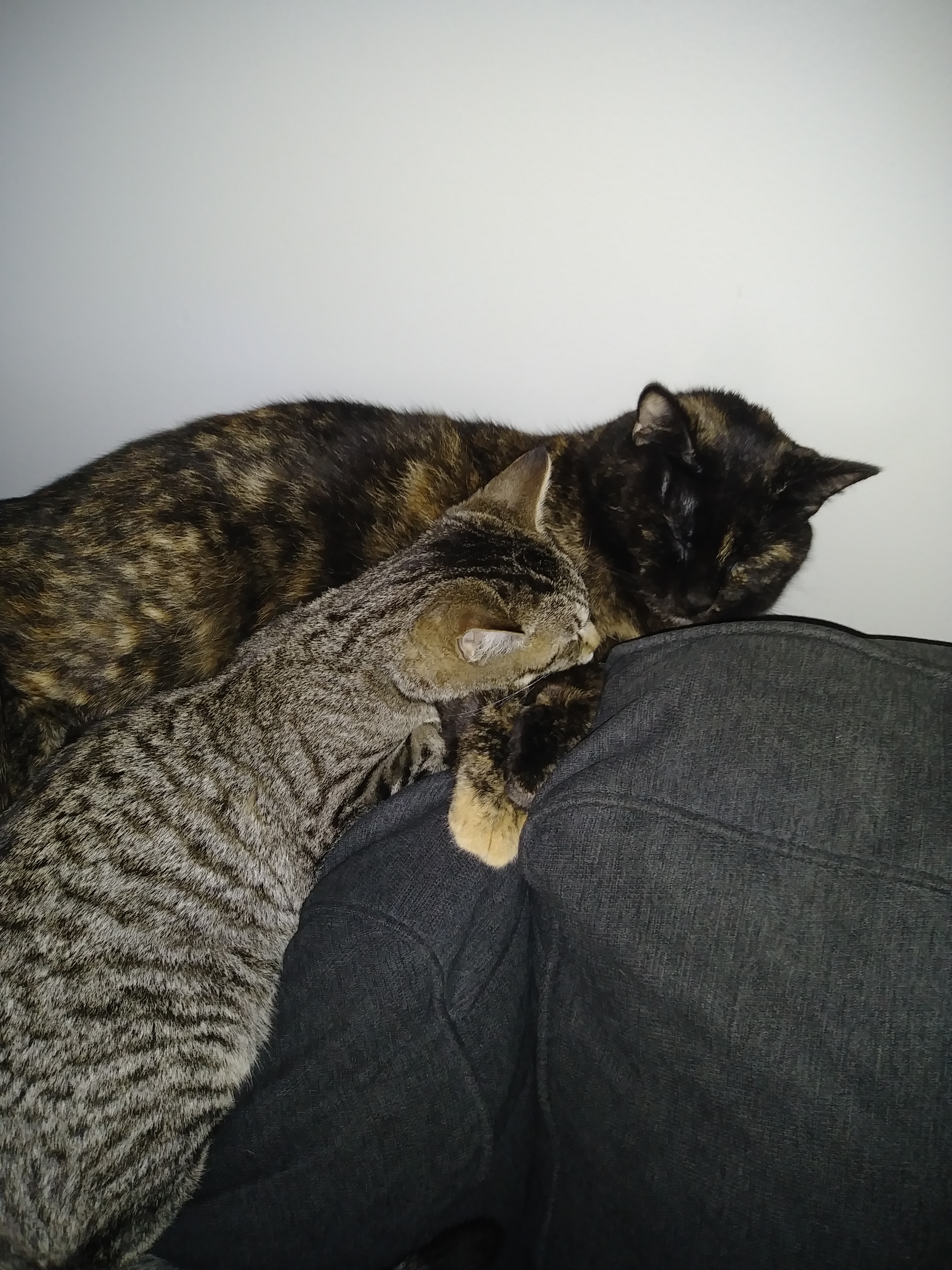

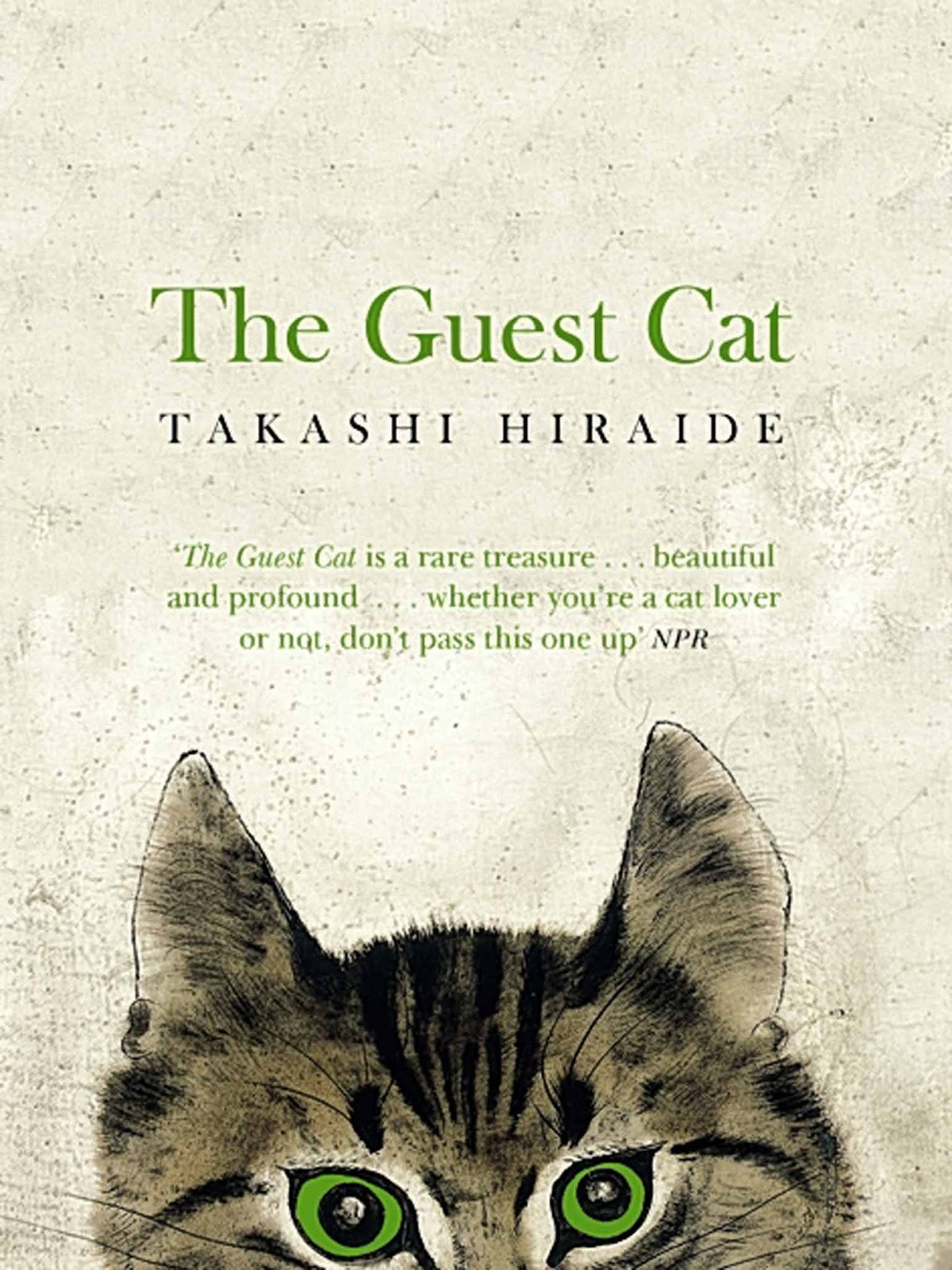
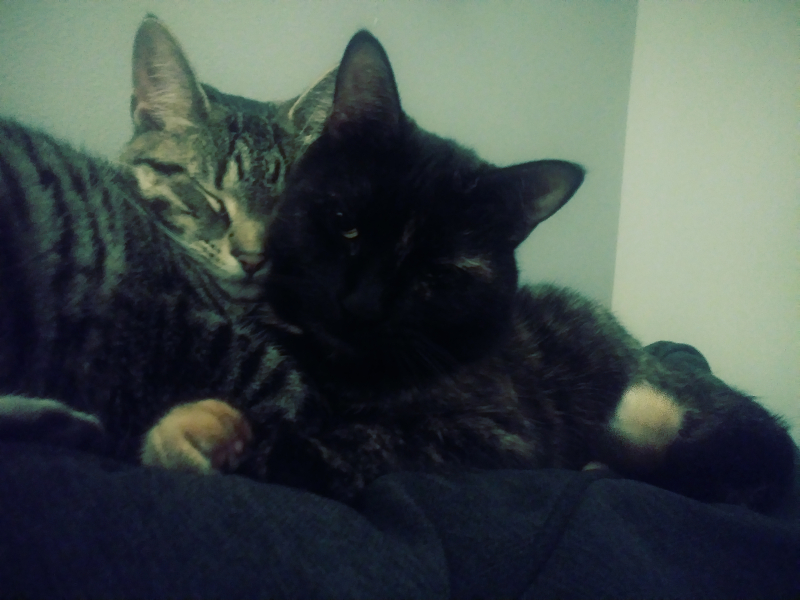
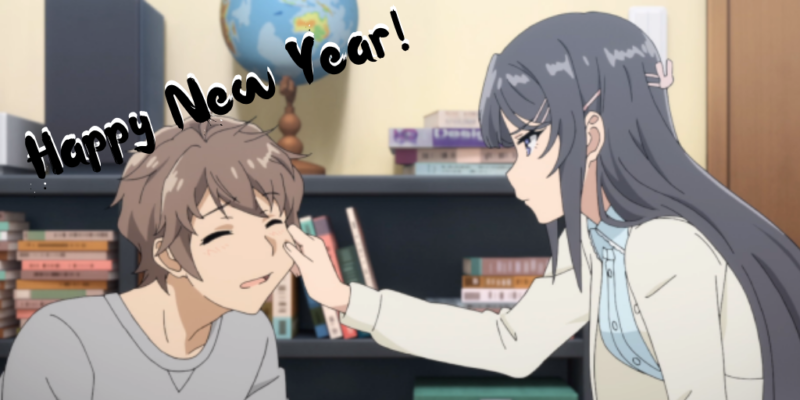
In the heaven Shika lives there, and watching you, don’t feel lonely, that is a new way to get along.
Thank you!
Condolences, and wishes of peace to you. An ironic post, as this is something that’s been on my mind lately with regard to a very good friend. You sound like you understand “Mono no Aware” (物の哀れ), if with perhaps a Christian perspective. To live is to inevitably lose that which we come to value. In the words of L.M. Montgomery, “The gods don’t allow us to be in their debt. They give us sensitiveness to beauty in all its forms, but the shadow of the gift goes with it.”
Stay well.
Thank you! Yes, the awareness of impermanence is a vital awareness. Many of our societal, political, and mental problems result from not keeping this awareness. It offers good perspective and reminds us not to dwell on the trivialities that consume so much time and thinking for so many people.
My condolences. I’m an avid reader of your blog, and as a lifelong cat owner, I understand the grief when a pet dies. I would somewhat disagree that it’s a mistake to keep relighting your grief, in some cases it can be a force for positive change, though of course, it can also lead to more pain and anger.
Thank you! It depends on the person too. If you are prone to depression, relighting grief can be a mistake. Many of my readers seem more prone to this, so that’s why I wrote what I did. If you are more mentally stable, it can be a motivator as you say. I don’t relight my coals of grief, but sometimes they reignite on their own. Mostly, I’m motivated by how visceral impermanence is in my life. I’ve lost many family members over the past several years, and it has fueled me to try to use my time more wisely.